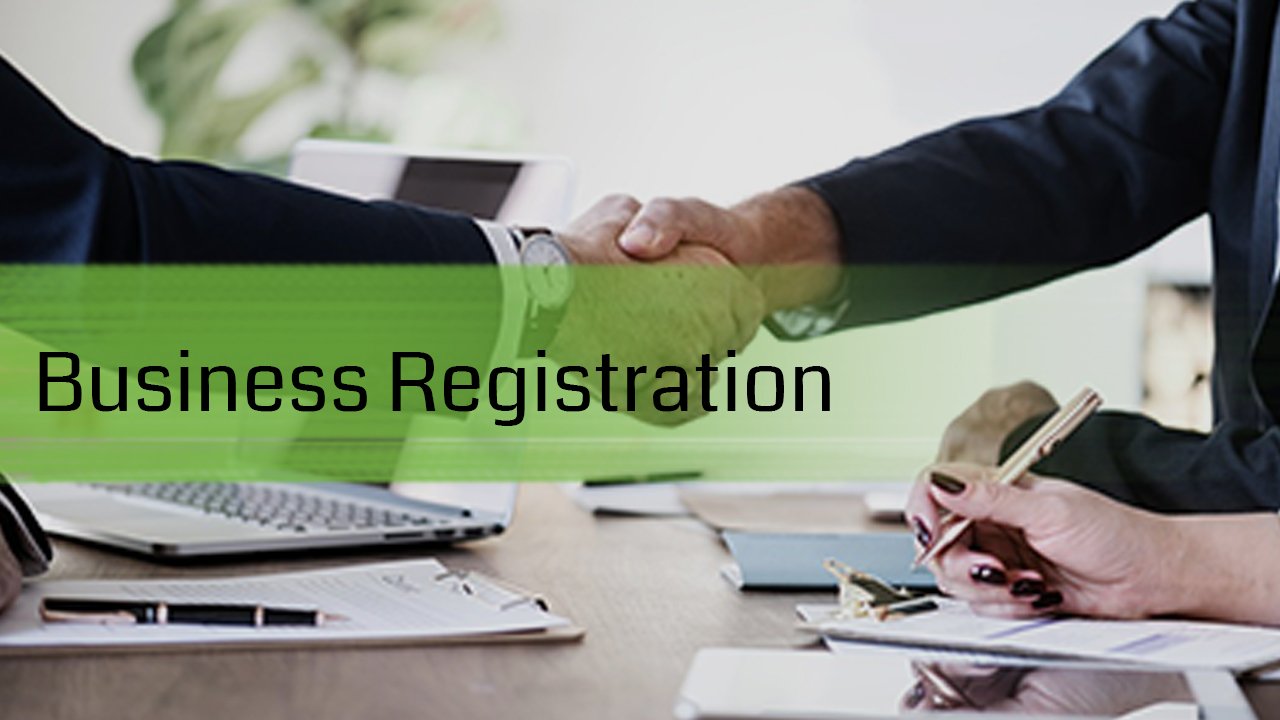Business startup Registration

Starting At Rs. 999 Onwards Ideal for entrepreneur who want to Business Startup
Starting a business typically involves several key steps, including selecting a business structure, registering your business name, and obtaining any necessary permits and licenses. Here's a step-by-step guide on how to register your startup:
1. Choose a Business Structure
The legal structure of your business affects your taxes, personal liability, and how you register your business. Some common structures include:
- Sole Proprietorship: Owned by one person, simple to set up, but owner is personally liable for business debts.
- Partnership: Owned by two or more people; partners share profits and liabilities.
- Limited Liability Company (LLC): Combines the simplicity of a sole proprietorship/partnership with the liability protection of a corporation.
- Corporation: More complex, provides strong liability protection, but subject to more regulations and taxes.
Note: Different countries may offer different business structures, so check your local regulations.
2. Register Your Business Name
- Choose a Unique Name: Make sure the name isn’t already in use by searching your country or state’s business registry.
- Register Your Name: In most places, this can be done with your local government or online through a business registration portal.
- Trademark Your Name: If you want exclusive rights to your brand name across multiple locations or industries, you might want to apply for a trademark.
3. Get a Business License and Permits
Depending on the type of business and location, you may need to obtain specific licenses and permits. Common types include:
- General business license
- Health and safety permits (for food, etc.)
- Environmental permits
- Zoning permits
These requirements can usually be checked with your local government.
4. Get an Employer Identification Number (EIN)
In the U.S., businesses need to apply for an EIN (also called a Tax Identification Number). This is essential for opening a business bank account, hiring employees, and filing taxes. In other countries, similar identification may be required.
5. Open a Business Bank Account
Separating your personal and business finances is critical for tax purposes and protecting your personal assets. Once you have your EIN and business registration documents, you can open a bank account for your business.
6. Register for Taxes
- Sales Tax: If you're selling products or services, you might need to register for sales tax in your state or country.
- Income Tax: Register with your tax authority (e.g., IRS in the U.S.) to report income and pay business taxes.
- Payroll Tax: If you plan on hiring employees, you’ll need to register for payroll taxes and withholding.
7. Comply with Ongoing Regulatory Requirements
Some businesses are required to file annual reports, renew licenses or pay annual fees. Check with your local government for ongoing compliance.
Would you like more detailed steps based on your country, or do you need help with a specific part of the process?